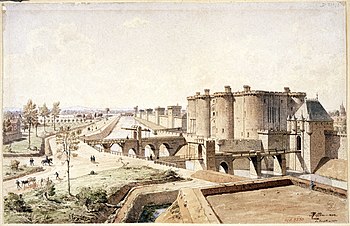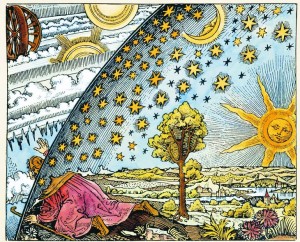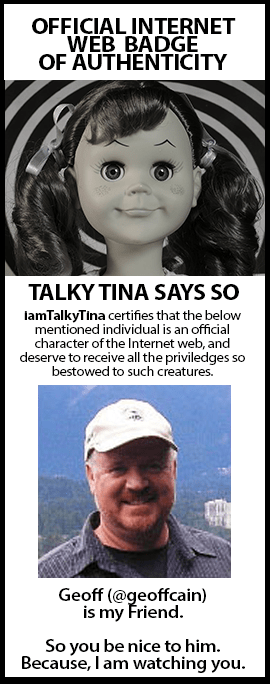Arlette Farge’s book, The Allure of the Archives, is one of those books that belongs in its own genre. I love this book. Farge is Director of Research in Modern History at the Centre National de la Recherche Scientifique in Paris.I am not sure how to describe it: creative meta-non-fiction? It is a prose poem on thinking about research? In this book, she discusses her research into the 200 year-old police archives of the Bastille. In these archives she explores the testimony of criminals, revolutionaries, and ordinary people. She paints an extraordinarily intimate portrait of the the lives of of the everyday workers, the poor and women in pre-Revolutionary France. And yet it is just as much about the experience of the research: the tactile experience of opening old bundles of documents, notes, and artifacts; the people who are in the archive with her, and the furniture and building itself. It is a short book but well worth taking your time to read it. It is a deceptively easy book to read – but there are echoes of Foucault and Habermas there that will take you back to those writers. The Allure of the Archives is a lyrical gem from a deep and sensitive thinker.
This is a particularly fascinating book to read in 2014. The book was written in 1989, a time when we could not just get online and perform research on scanned documents. I know that internet research is not the same. I really appreciate the fact that there are those who have the privilege of being able to get the credentials that allow them to do the kind of research that Farge does – we need that. However, I am just as excited about the kinds of crowd sourced research that goes on now when researchers put scans of papyri online and ask for help with translations. There is something timeless about this book though that flies over the whole phenomena and culture of the internet.





